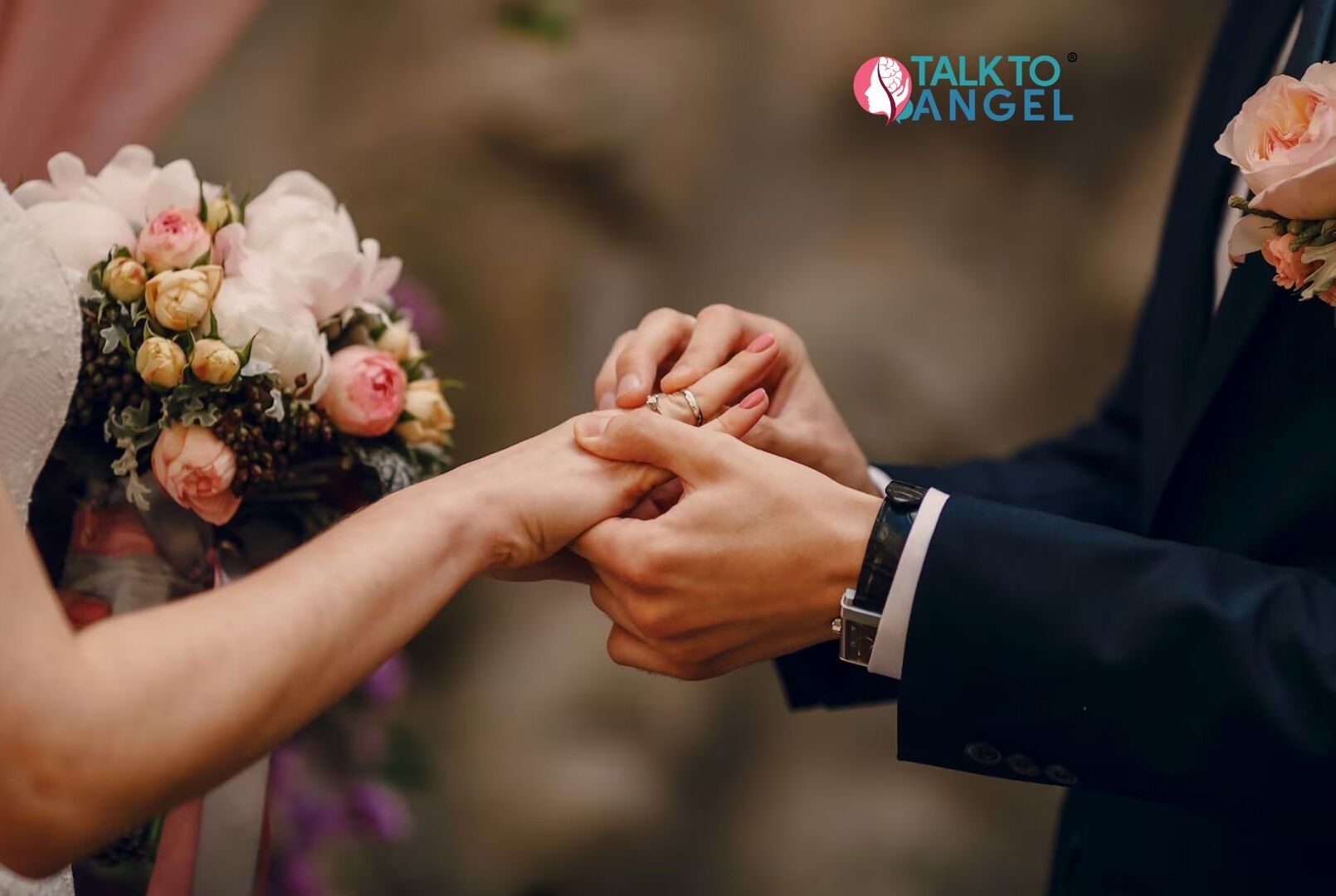In today's diverse society, couples come in all shapes, sizes, and backgrounds. One particular type of couple that deserves special attention is the neurodiverse couple. Neurodiversity refers to the idea that different brain functioning is simply a natural variation of the human genome. When two individuals with different neurological makeups come together in a relationship, it can present unique challenges, especially in the realm of communication.
What is a Neurodiverse Couple?
A neurodiverse couple is a partnership where one or both individuals have a neurodevelopmental difference such as autism, ADHD, or dyslexia. These differences may affect the way they process information, perceive the world, and communicate with others. It is important to recognize that neurodivergence is not a deficiency or disorder; it is just a different way of thinking and experiencing the world.
Understanding Different Communication Styles
One of the key aspects in supporting a neurodiverse couple is understanding and accommodating their different communication styles. Neurodivergent individuals may have unique ways of expressing themselves and understanding social cues. Here are some common communication differences that may arise in a neurodiverse couple:
1. Verbal vs. Nonverbal Communication
Neurotypical individuals often rely heavily on verbal communication to express their thoughts, feelings, and intentions. However, neurodivergent individuals may have challenges with verbal expression and prefer nonverbal communication such as body language, facial expressions, and gestures. It is important for both partners to be aware of and respect each other's preferred modes of communication.
2. Direct vs. Indirect Communication
Neurodivergent individuals tend to be more direct in their communication, stating their needs and preferences explicitly. On the other hand, neurotypical individuals may engage in more subtle and indirect communication, relying on implied meanings and social context. Understanding and adapting to each other's communication styles can reduce misunderstandings and promote effective communication.
3. Sensory Sensitivities
Neurodivergent individuals may have heightened sensory sensitivities, which can impact their communication experience. Certain sounds, lights, textures, or smells may be overwhelming or distracting. Creating a sensory-friendly environment and finding ways to minimize sensory triggers can greatly improve communication and overall well-being.
Premarital Counseling for Neurodiverse Couples
Premarital counseling is an essential step for any couple, but it holds even more importance for neurodiverse couples. Here are some key areas that premarital counseling can address:
1. Communication Strategies
Premarital counseling can provide neurodiverse couples with effective communication strategies that cater to their unique circumstances. Learning how to express needs, interpret nonverbal cues, and navigate social interactions can strengthen their bond and foster a deeper understanding of each other.
2. Conflict Resolution Skills
Conflict is an inevitable part of any relationship, but it can be particularly challenging for neurodiverse couples. Premarital counseling can equip them with effective conflict resolution skills, helping them navigate disagreements and find mutually satisfactory solutions.
3. Building Emotional Intimacy
A solid and satisfying relationship starts with emotional intimacy. Premarital counseling can help neurodiverse couples explore ways to build emotional intimacy, such as active listening, empathy, and expressing vulnerability.
Marriage Counseling for Neurodiverse Couples
Even after tying the knot, neurodiverse couples may require ongoing support and guidance to maintain a healthy and fulfilling relationship. Marriage counselling can be a valuable resource for addressing specific challenges that arise in a neurodiverse partnership. Here are some areas that marriage counseling can focus on:
1. Enhancing Communication Skills
Marriage counseling can provide neurodiverse couples with advanced communication skills to navigate the complexities of a long-term relationship. Learning how to effectively express emotions, empathize with each other, and adapt communication styles can foster deeper connection and understanding.
2. Managing Relationship Stressors
Neurodiverse couples may face unique stressors related to their neurodivergency, such as sensory sensitivities, executive functioning challenges, or social difficulties. Marriage counseling can provide strategies and support to manage these stressors effectively, ensuring both partners feel supported and understood.
3. Strengthening Emotional Connections
Maintaining emotional connection and intimacy is crucial for any marriage. Marriage counseling can help neurodiverse couples explore ways to strengthen their emotional bond, cultivate shared interests and activities, and navigate the ups and downs of married life.
In conclusion, understanding and supporting different communication styles is vital for a neurodiverse couple's thriving relationship. By embracing neurodiversity, seeking premarital and marriage counseling, and actively working on enhancing communication skills, neurodiverse couples can overcome challenges and build a strong, fulfilling partnership. Remember, love knows no boundaries, and with the right support, any couple can create a deep and meaningful connection.


